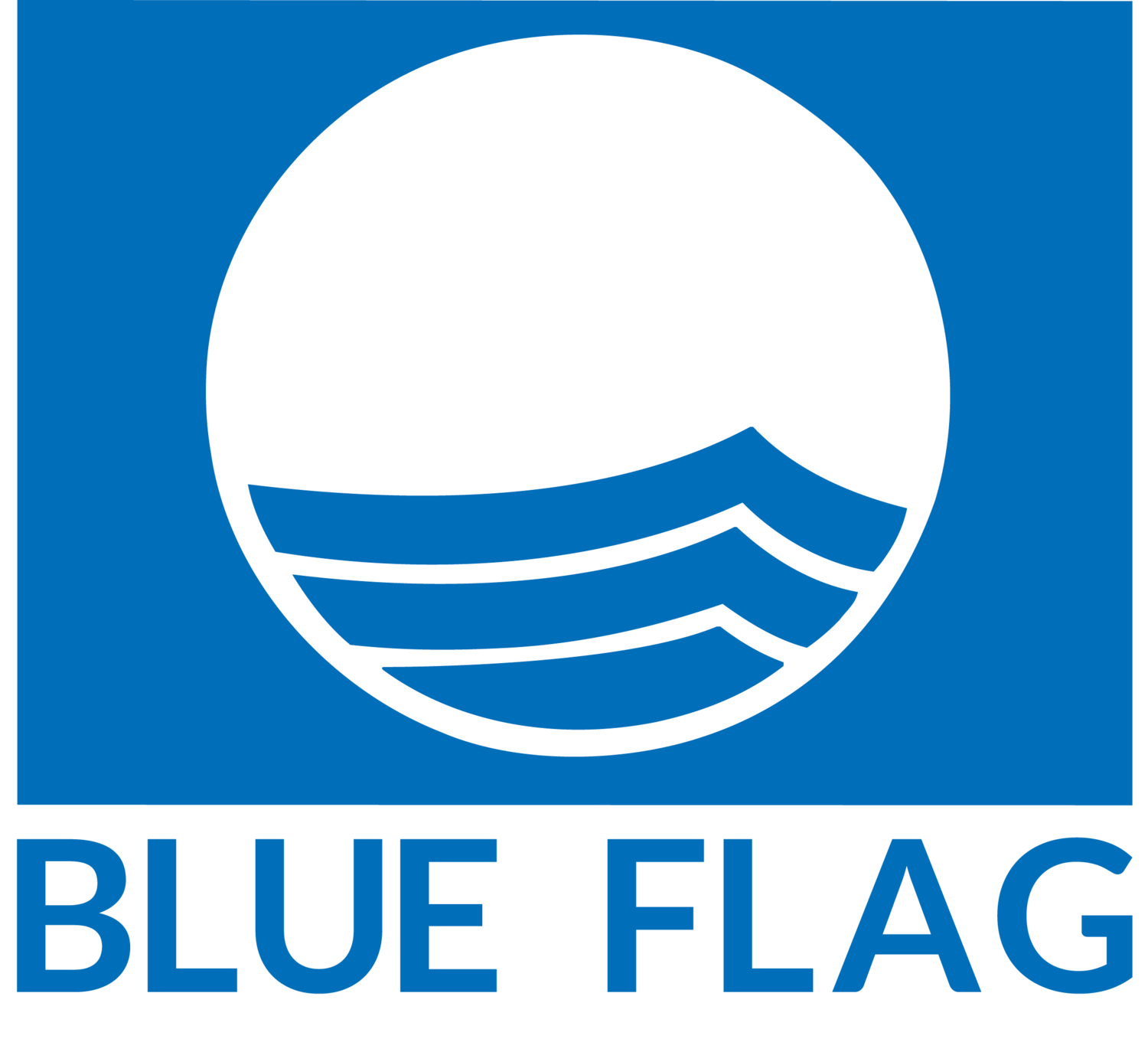With more than 570 awarded beaches, Spain is the county with the highest amount of Blue Flag awarded sites worldwide. Three of these beaches belong to the municipality of Palafrugell in Girona. Since 2011 they actively participate in the monitoring of nearby Posidonia meadows, leading to many positive developments for local marine species.
Posidonia is a seagrass that grows in meadows in the Mediterranean Sea. It shelters various species of marine plants and animals, making these meadows an ecosystem with high biodiversity. This seagrass also serves as a nursery for many fish species. Posidonias have strong roots that retain sand and therefore act as a natural barrier protecting the coast from storms.
Parafrugell municipality elaborates maps of the seabed, enabling them to place buoys where they do not harm the Posidonia. In order to additionally protect the meadows, environmentally friendly buoys are promoted. Thanks to these actions, they have observed that some areas of Posidonia meadows have been restored.
The municipality also collaborates with other underwater projects, such as the examination of fan shells (Pina nobilis) populations affected by a parasite. Fan shells are protected molluscs that inhabit Posidonia meadows and their growth depends on a good state of the meadows. Pina nobilis is the biggest mollusc of the Mediterranean and can grow up to a meter.

